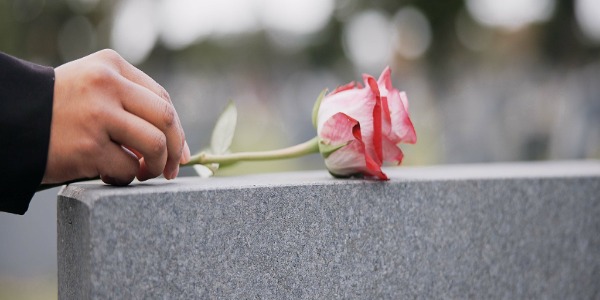3 min read
Untangling a Landmark Wrongful Death Lawsuit Against Toyota
Joe Whitcomb
:
October 05, 2024

This case revolved around a wrongful death lawsuit initiated by the husband of Delia Bibbs, a woman who tragically passed away after being in a coma for over twenty years. The Georgia Supreme Court was called upon to clarify critical legal questions presented by the United States District Court for the Northern District of Georgia. Specifically, the court needed to determine whether damages recovered in Bibbs’s prior personal injury case could be pursued again in a subsequent wrongful death claim, and what types of damages her survivors could seek.
Delia Bibbs suffered life-altering injuries in a 1992 car accident involving a Toyota vehicle. The impact of the accident was so severe that it left her in a prolonged comatose state. Following the accident, Bibbs filed a personal injury lawsuit against Toyota Motor Corporation and Toyota Motor Sales, USA, Inc., alleging that the accident was caused by defects in her vehicle. The lawsuit proceeded to trial, but before the jury could reach a verdict, both parties reached a settlement agreement. This settlement provided Bibbs with compensation while also capping Toyota's liability. Under the terms of the settlement, Bibbs agreed to release Toyota from all claims except a potential wrongful death claim, which could be pursued if her injuries later proved fatal.
Court's Deliberation on Damages
The primary issue before the Georgia Supreme Court was whether the damages awarded in the personal injury case could be re-litigated in the wrongful death action filed after Bibbs’s death. Following her death in 2012, Bibbs’s husband and children filed a wrongful death lawsuit against Toyota, seeking additional compensation for her death. Toyota argued that the settlement reached in the personal injury case should bar the plaintiffs from seeking any further damages, except those related to funeral expenses.
Initially, the district court sided with Toyota, agreeing that the settlement precluded the plaintiffs from seeking additional damages. However, the court later reconsidered its position and sought guidance from the Georgia Supreme Court, posing two certified questions to clarify the legal boundaries of the case. The questions focused on whether damages in a wrongful death action could include those already addressed in the personal injury settlement and what limitations applied to the survivors' claims.
Legal Precedents and Statutory Interpretation
The Georgia Supreme Court embarked on a thorough examination of the state’s wrongful death statutes, tracing their origins back to the first law enacted in 1850. These early statutes were primarily intended to allow widows, children, and legal representatives to bring forth wrongful death claims. Significant amendments to these laws occurred in 1878, when the measure of damages was defined as the “full value of the life of the deceased,” encompassing both the economic and intangible value of a person’s life.
The court emphasized the importance of preventing “double recovery,” a principle that ensured survivors could not recover more than what the deceased could have obtained if they were alive. This principle was fundamental in wrongful death cases, as it prevented plaintiffs from receiving compensation twice for the same injury—once through a personal injury claim and again through a wrongful death suit.
In this context, the court reviewed several legal precedents, including the Cassin and Spradlin cases, which underscored the distinct nature of personal injury and wrongful death claims. These cases illustrated that while wrongful death claims were closely related to personal injury actions, they served different legal purposes. The damages awarded in wrongful death cases were meant to compensate for the value of the deceased's life, whereas personal injury damages addressed the harm suffered by the individual prior to their death.
The Court's Ruling
In its final ruling, the Georgia Supreme Court concluded that any damages awarded in the personal injury lawsuit could not be duplicated in the wrongful death action. The court determined that the settlement reached in Bibbs’s personal injury case effectively barred her survivors from seeking additional damages in the wrongful death lawsuit, with the exception of those directly related to her death, such as funeral expenses.
Furthermore, the court highlighted that wrongful death and personal injury claims, although related, had distinct legal foundations and were subject to different limitations. The ruling clarified that wrongful death damages were limited to the value of the life of the deceased as defined by Georgia law and could not include compensation that had already been addressed in a prior settlement. This distinction was crucial in ensuring that survivors received fair compensation without resulting in unjust enrichment.
The court’s decision reinforced the broader legal principle that wrongful death claims were derivative of personal injury claims. This meant that the rights of the survivors were tied to the rights that the deceased would have had if they were alive. As a result, any defenses or limitations that applied to the deceased's personal injury claim also applied to the wrongful death action.


